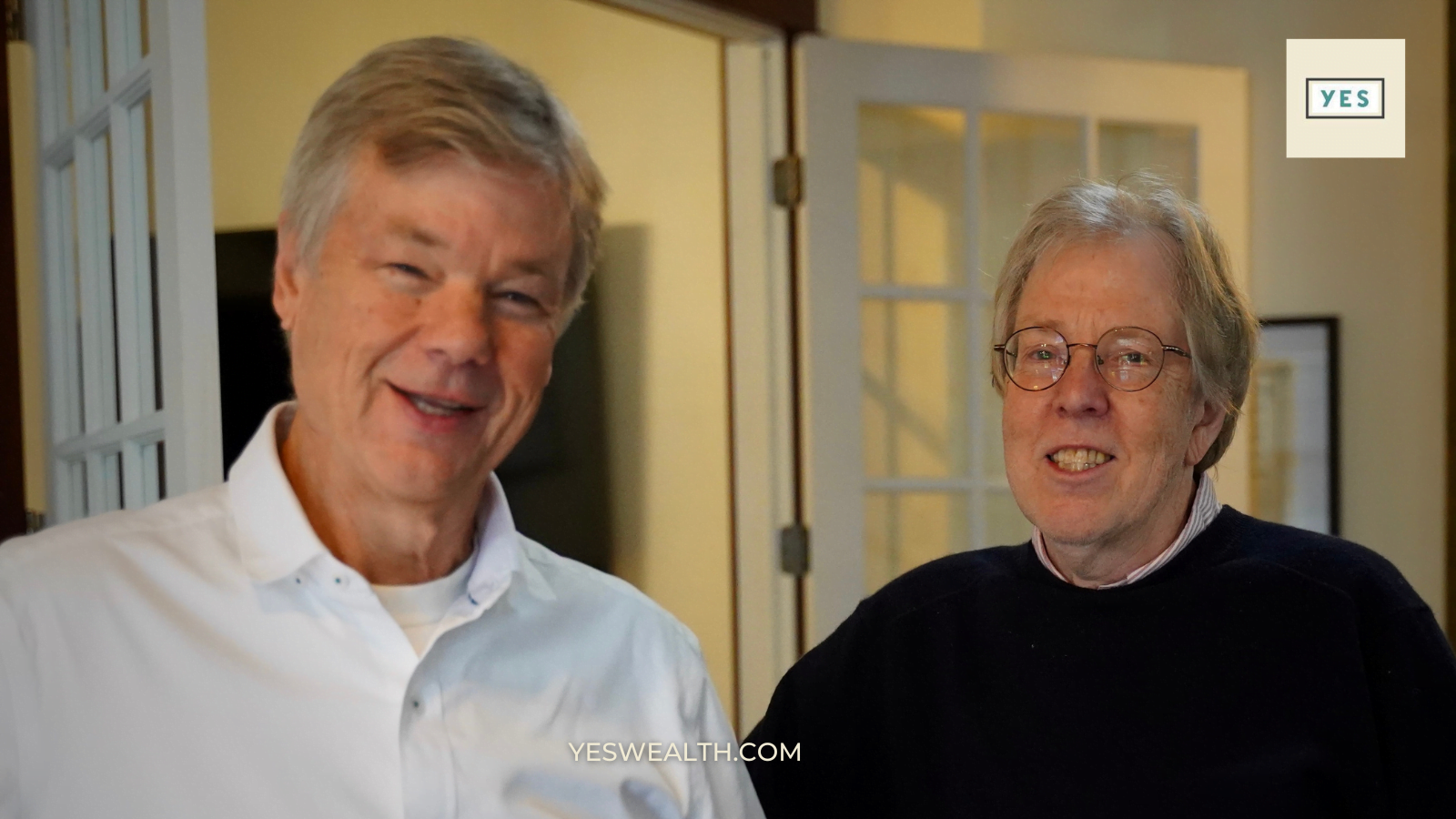Gas, Hybrid or Electric: Changing Investment Models
By: Tom Schneeweis & Bob Schneeweis
Within the past week, my brother stopped over to my house, to present his new model of hybrid electric/gas automobile. While certainly different from the gas-based vehicle I have in my garage, I realized it was part of the transition of the auto industry to a new means of propulsion. Knowing absolutely nothing about the process by which a hybrid electric/gas vehicle worked, I asked my neighbor (in this case an engineer who works for SpaceX) to describe the advances in automobile propulsion (gas to electric) and the implications for current and future modes of transportation and auto ownership. In our brief discussion I also came to realize not only how little I really understood about how new forms of automobiles worked but how much I currently depend on outside sales personnel and local service personnel in keeping my gas auto version alive. The move to increasingly electric centered vehicles will likely require the help and service of higher-level service stations and personnel and many current local auto services firms may soon be a thing of the past.
It occurred to me how similar the transition from gas to electric automobiles was reflective of today’s investment transition. Today we are moving from a simple stock/bond portfolio (aka today’s auto’s gas engine) to investment technology that, like cars, are more hybrid and rely on advanced artificial intelligence (e.g., ETFs, modern alternative investments). In short, I have come to understand that all of us will have to move to newer investment approaches to propel us into the future and one that is less dependent on the local investment service stations with less advanced personnel. We also should not necessarily focus on ‘large scale investment management firms’ that hope to sell investment products that may fit their own broad strategy but not your world. We at Yes Wealth have been leaders in modern alternative investments for over 20 years and still work with your individual needs. Simply put, we look forward to helping you in the transition from the current world of wealth management to the future one with more hybrid or advanced forms of investment.
Please contact us if you’d like to discuss a plan for you:
Yes Wealth Management:
651-426-5854.





